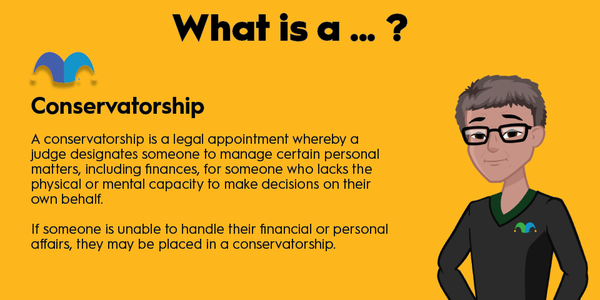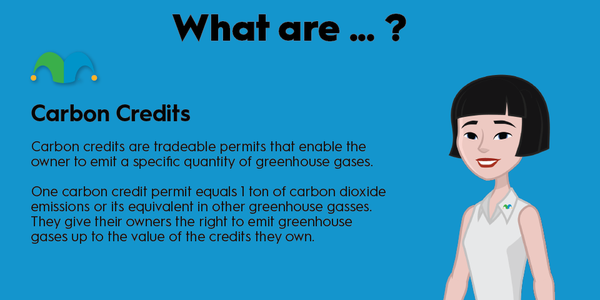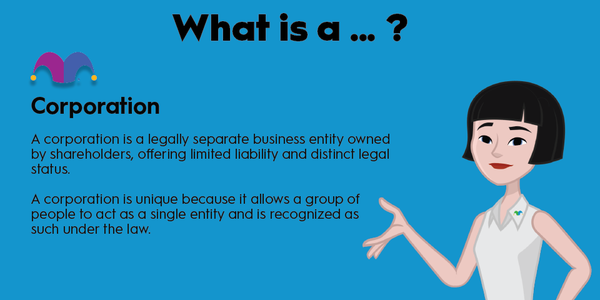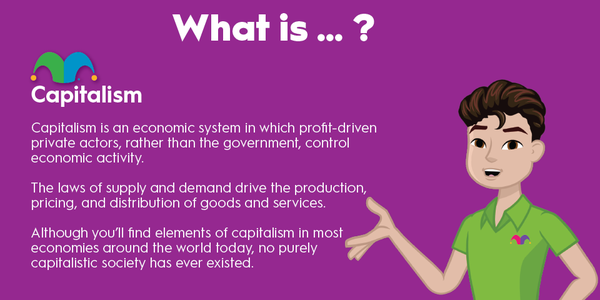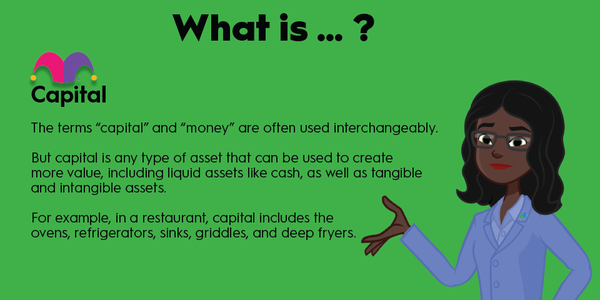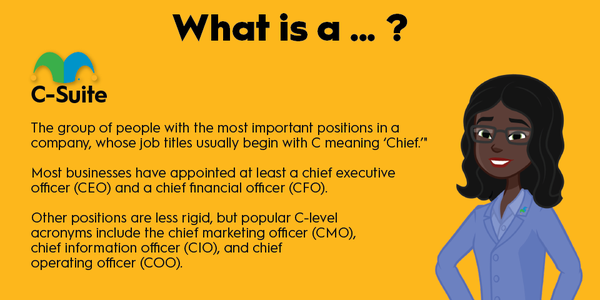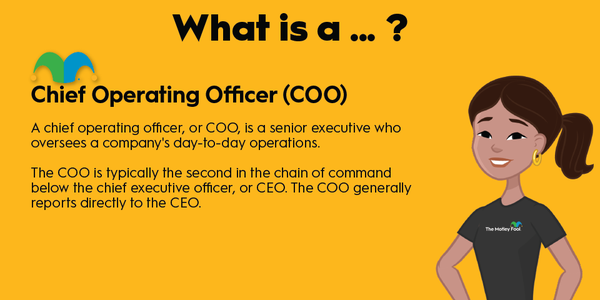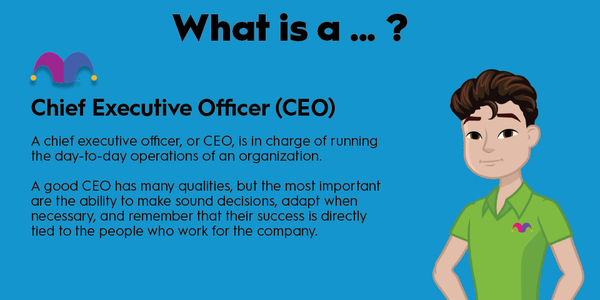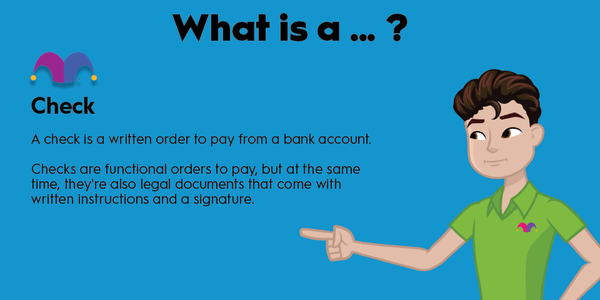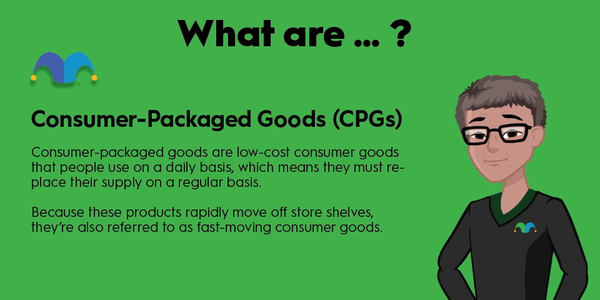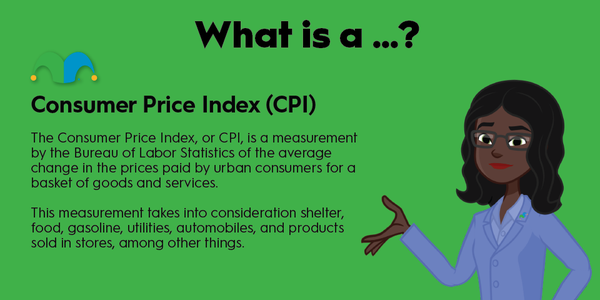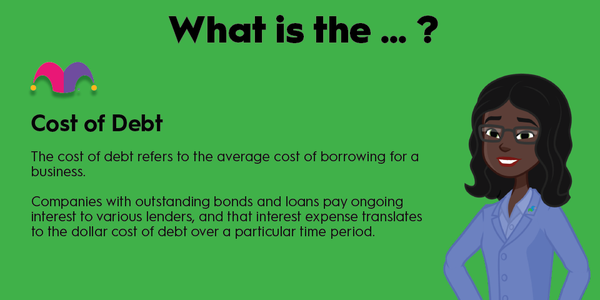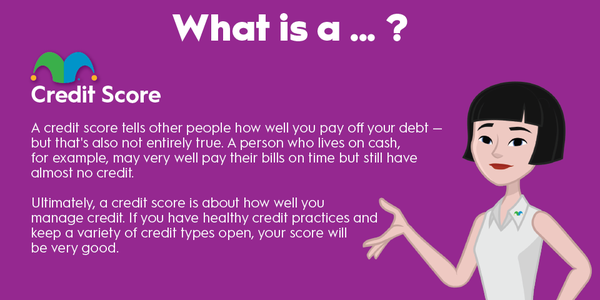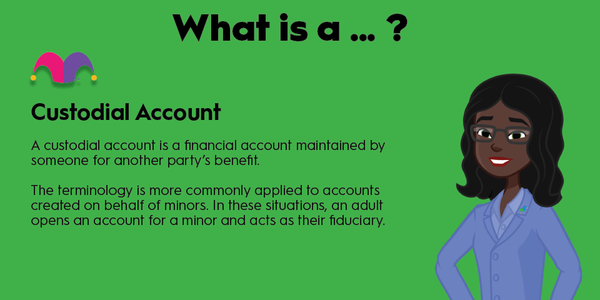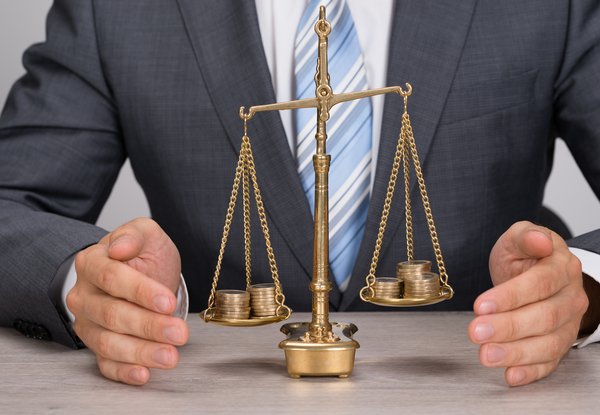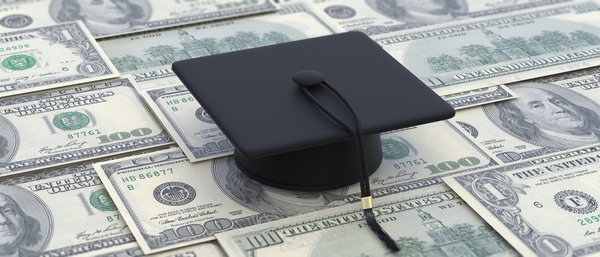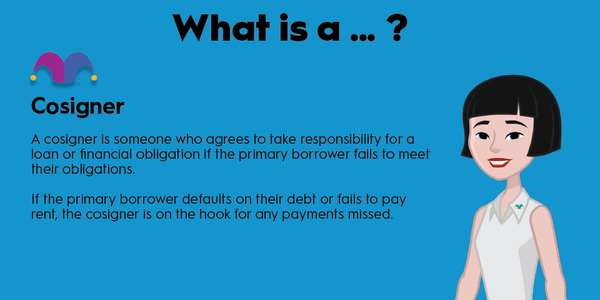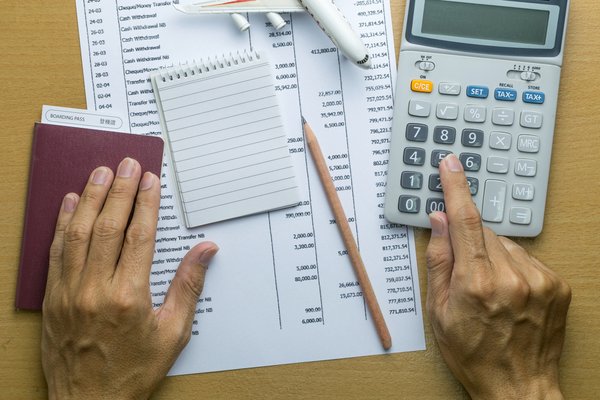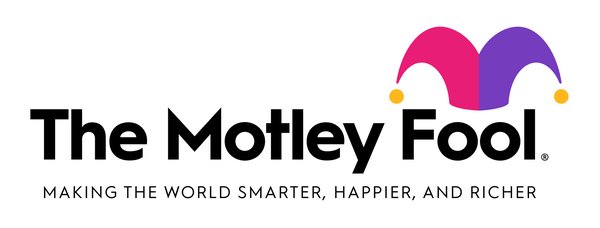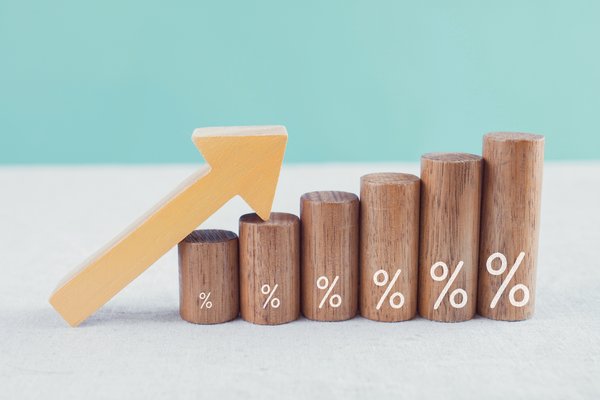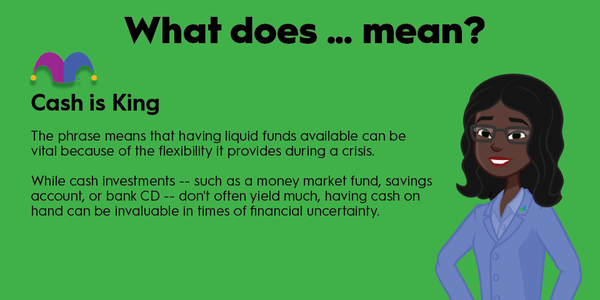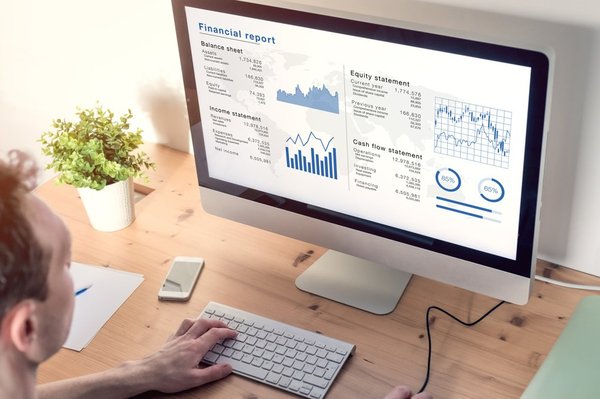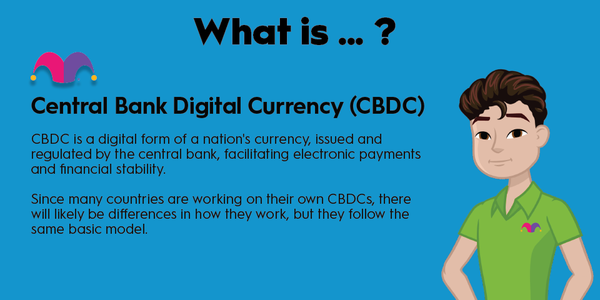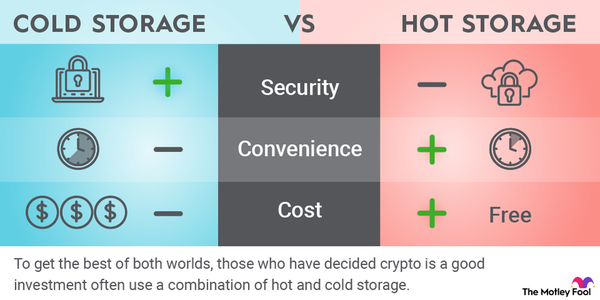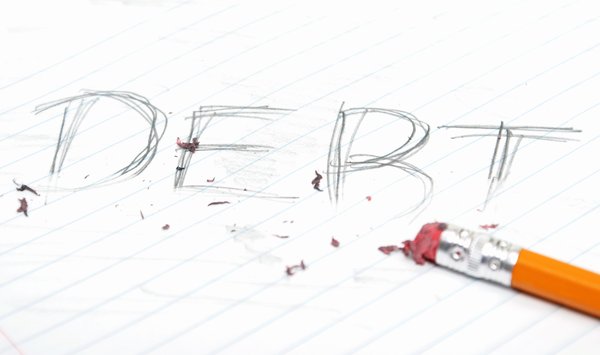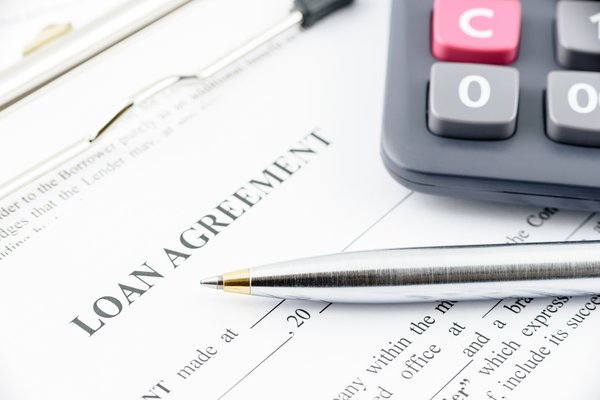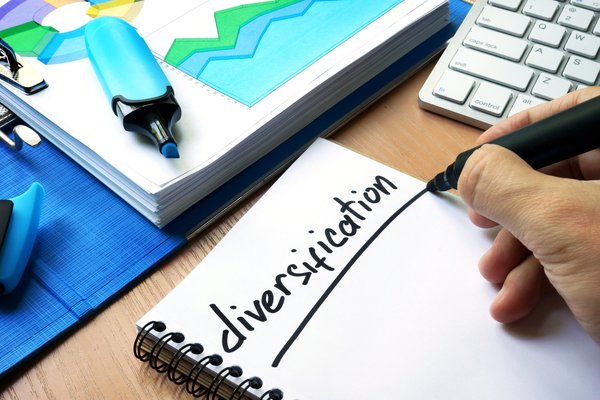When you sign a lease or enter into a financial contract, your counterparty will want to ensure you can fulfill your end of the deal and pay your bills. There's no perfect way to do this, just as there's no perfect way to predict the future, but the most common way is to pull your credit report.
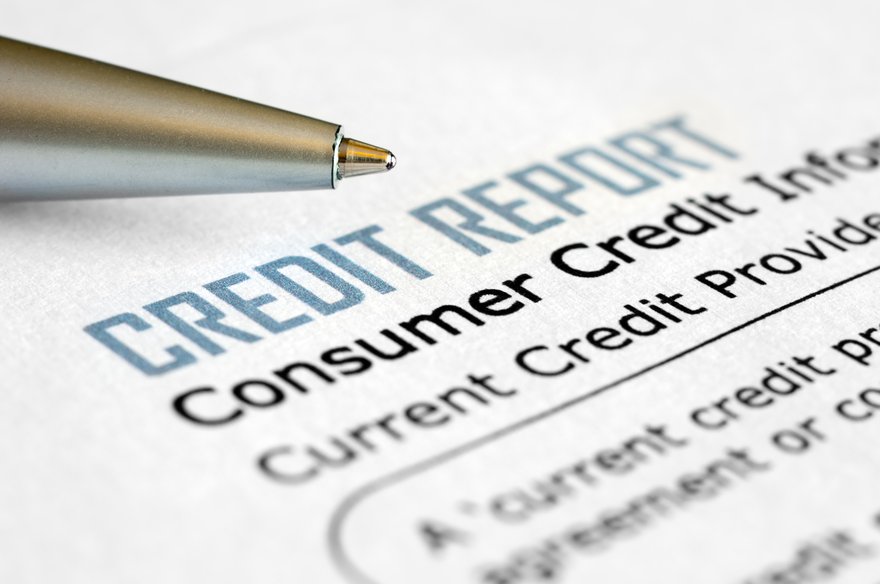
What exactly is a credit report?
What exactly is a credit report?
A credit report is essentially your personal financial history, covering everything from credit cards and auto loans to student loans and mortgages. Credit reports can also contain information about medical debt, liens, foreclosures, bankruptcies, and civil judgments -- just about anything that could prevent a lender from letting you borrow money.
Bankruptcy
Lenders use the report to determine whether they should enter into a contract and what interest rate they should charge the borrower.
What's its purpose?
How is your credit report used?
As mentioned, when you enter into a financial contract, lenders will use your credit report to help decide whether they will lend you money and what interest rate you'll be charged. There are three major credit reporting agencies that run reports: Experian, Equifax, and TransUnion.
Lenders will often pull more than one credit report since the reports can contain different information. They also contain your all-important credit score, also known as your FICO score, which is used to determine your creditworthiness.
It's a good idea to review your own credit report every once in a while to see whether anything looks inaccurate or how the reports differ. By law, you can get a free credit report from each of the three major agencies once a year. If you're interested in improving your credit score, it makes sense to review the reports.
Improving your credit
How can you improve your credit report?
Credit reporting is a bit of a mysterious process. Your credit score doesn't necessarily reflect your credit risk, as it may be difficult to assess whether your credit history is limited.
If you're young and don't have much of a credit history, you'll want to build your credit. One way to do this is by opening several active credit accounts, such as credit cards. You'll also want to ensure those lenders report to the credit reporting agencies.
Once you've started borrowing, it's important that you don't miss payments. Missed payments can be reported to credit agencies, negatively affecting your score. It's also a good idea to pay down past-due accounts and revolving credit balances.
Finally, once you've established your credit file, it's a good idea to limit your applications for new accounts since applying for new credit lines can lead to a hard inquiry, meaning creditors pull your credit report. That can have a modest effect on your credit score.
An example
What's an example of a credit report?
A credit report will contain your basic personal information, such as your name, date of birth, and Social Security number. Additionally, the report will have your residential history, with the addresses you've lived at and phone numbers you've used. Your employment history and any relevant public records, such as a court decision, will also be on the report.
Related investing topics
The next page might contain information from adverse accounts, including outstanding and late debt payments. Finally, there's a page devoted to accounts in good standing, known as satisfactory accounts, and a list of credit inquiries, which show which lenders have pulled your credit report.
What's in your credit report? There's only one way to find it. Get your free copy and find out how you can improve your creditworthiness.
